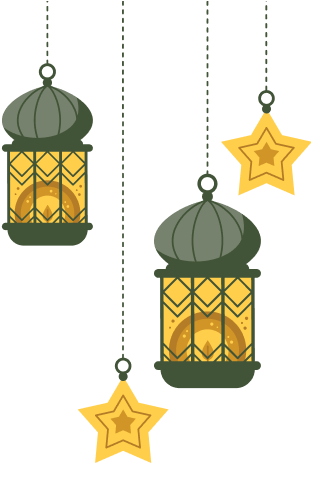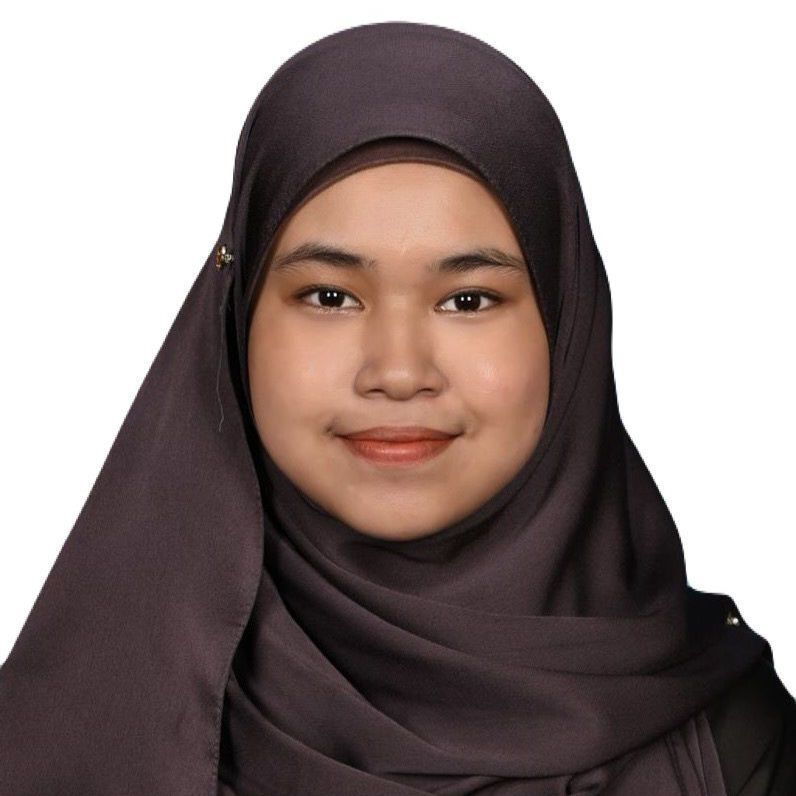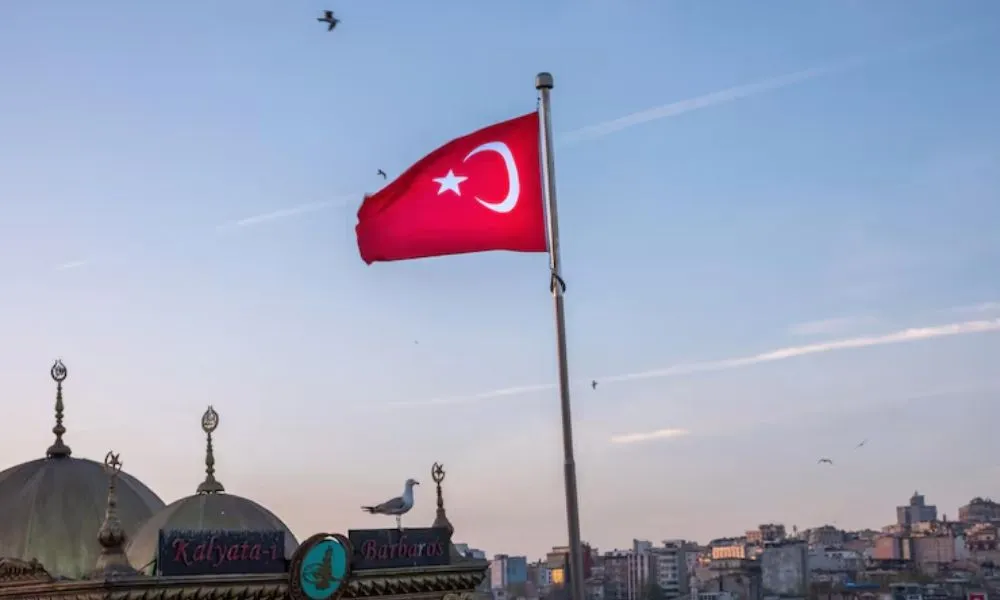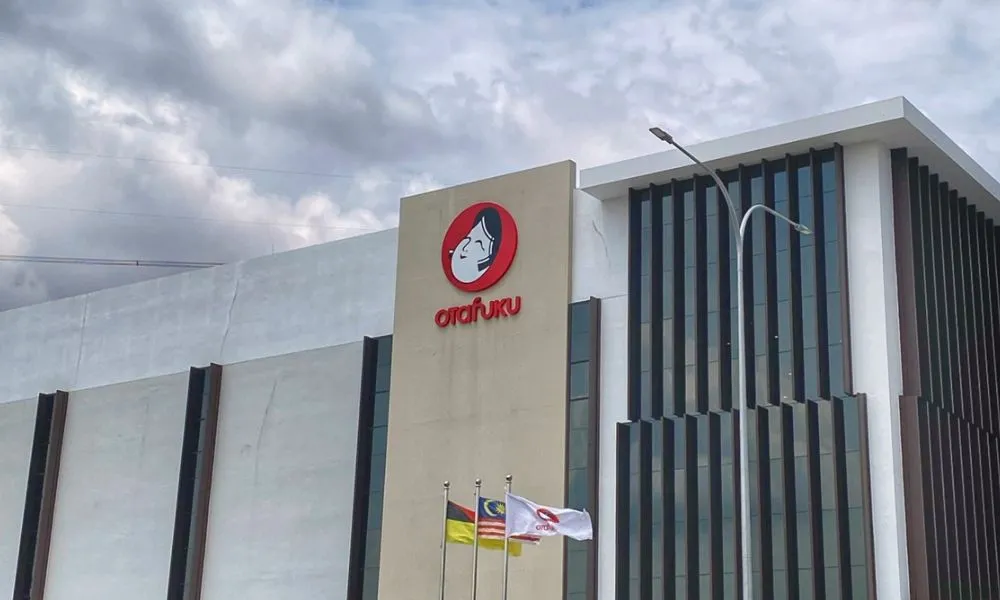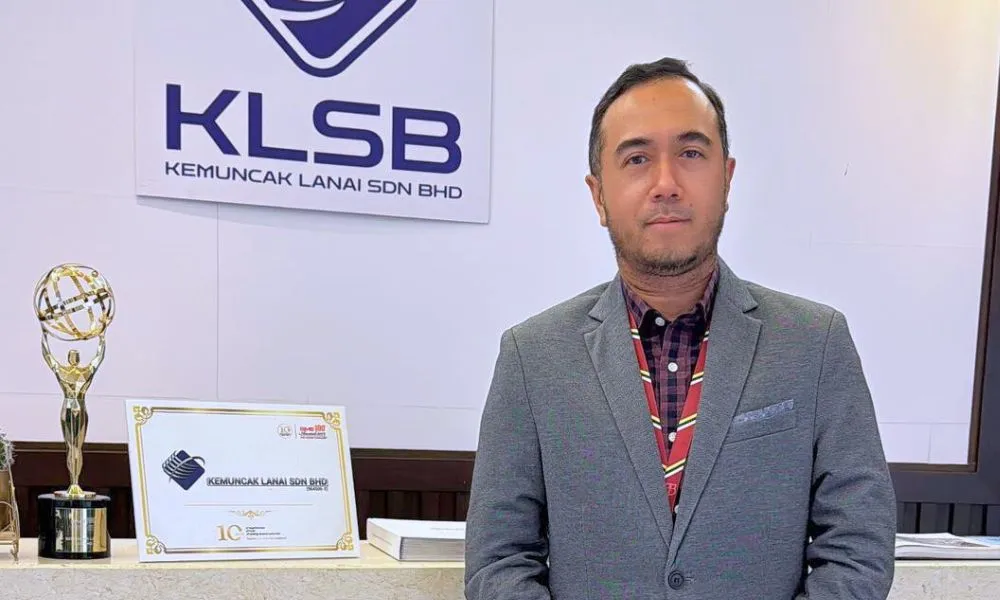Aug 25, 2025 4PM
Halal tourism: from a Muslim’s halal lifestyle to global business opportunities
Chairman of Indonesia Halal Lifestyle Center, Prof. Dr. Sapta Nirwandar emphasised that halal tourism offers industry players a segmented market rich in opportunities which evolved from the global halal lifestyle practiced by Muslims worldwide.
During his presentation on Halal Tourism Framework and Challenge, Dr. Sapta connected the growth of Muslims worldwide to the start of a global business in the halal sector as Muslims lifestyle gets increasingly recognised.
“At Indonesia Halal Lifestyle Center, we believe that halal is for everyone because although halal is a right for every Muslim, it is also a privilege for everyone.
“This is why we call it halal as a two-in-one framework where if it is non-halal, only non Muslims will visit but if you establish a halal restaurant, both Muslims and non Muslim can dine in,” he said during The Future of Islamic Tourism: A Global Perspective conference at the World Islamic Tourism and Trade Expo (WITEX) 2025.
He elaborated that halal lifestyle has grown into many aspects including food, Sharia finance, modest fashion, media and recreational, pharmaceutical, tourism, cosmetics, education, medical care and wellness as well as art and culture.
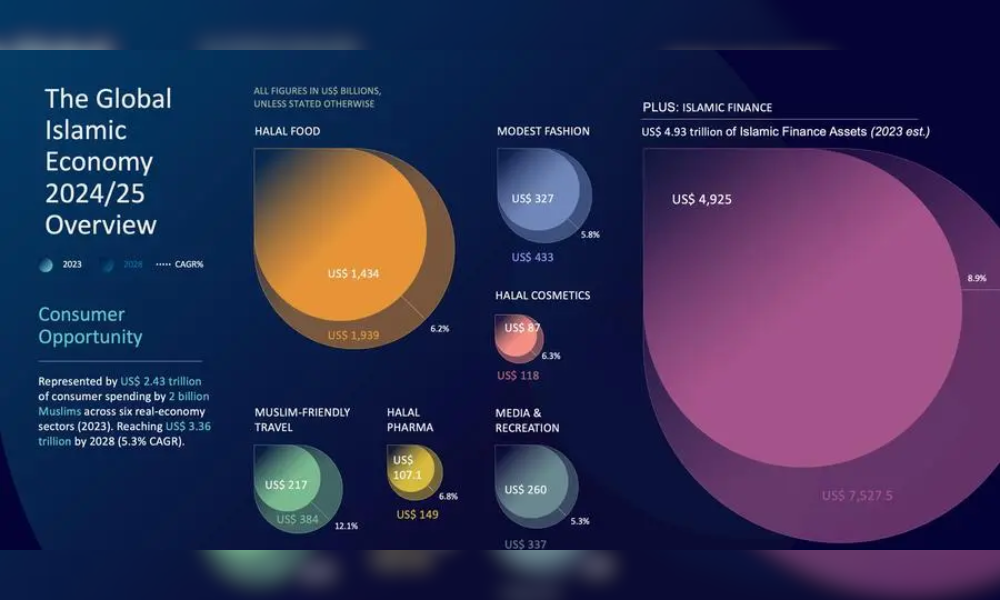
An overview on the Global Islamic Economy for 2024/2025 (photo credit: ZAWYA)
According to the State of the Global Islamic Economy (SGIE) 2024/2025 report, Muslims spent a total of $1,403 trillion on food, $493 trillion on Islamic finance, $327 billion on modest fashion, $260 billion on media and $217 billion on tourism.
These promising sectors are heavily intertwined with halal tourism thus Dr. Sapta reckoned that more countries should tap into this billion dollar market by providing Muslim travellers with products and services curated to the Islamic needs.
“Halal tourism services can be categorised in three parts: Need to Have, Good to Have and Nice to Have.
“Depending on the capacity and capabilities of our industry players, they can prioritise on providing halal food service, prayer facilities and bidet-equipped washrooms which are essential to Muslims.
“As the products and services improve, policymakers then can incorporate more initiatives such as building Ramadan services and facilities as well as recreational spaces with privacy,” he said.
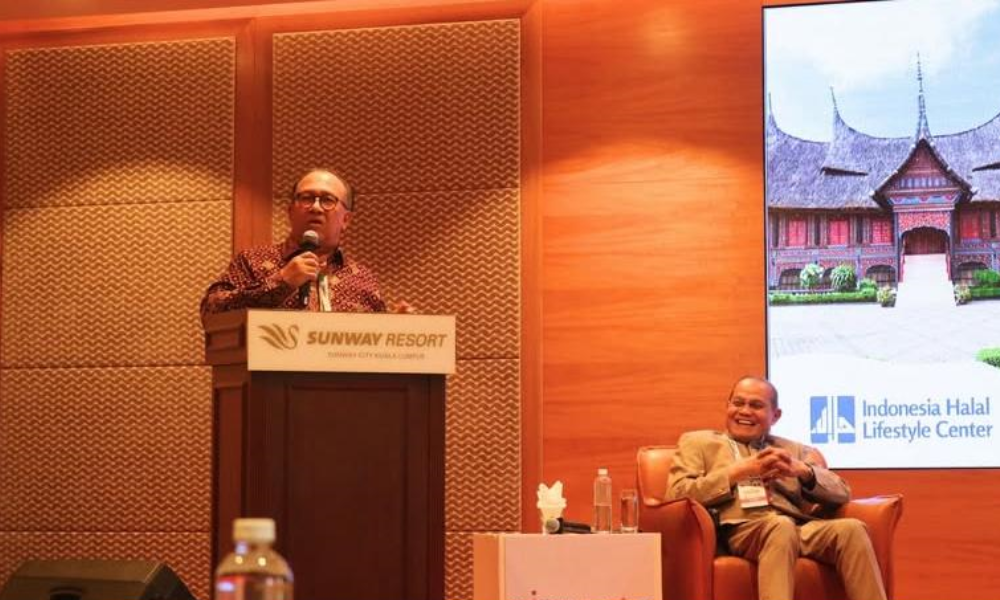
Chairman of Indonesia Halal Lifestyle Center, Prof. Dr. Sapta Nirwandar speaking at the The Future of Islamic Tourism: A Global Perspective conference. (photo credit: Sapta Nirwandar Instagram)
These efforts, according to Dr. Sapta, will birth a multiplier effect where it influences other sectors to expand accordingly thus driving productivity and economic growth in that region or state.
Halal tourism, which the Indonesian presenter defined as tourism activities with additional services, is an opportunity for participating countries to produce more jobs and business openings for their locals aside from promoting their cultural heritage overseas.
A few sectors affected by halal tourism include amenities, creative industry, transportation, media information, human resources and attraction, said the Chairman.
“We focus on halal tourism because tourists bring money, like cash and now cards. For example, if I go to Bandung, I have to at least eat then buy souvenirs and candies to come with me back home.
“I would also suddenly recognise that the place is good for a hotel, then discover its nearby restaurants.
“Hence why, under the multiplier effect, we can see that tourism is an investment after trade and halal services can be integrated in these sectors I just spoke about,” he concluded.
Waktu Solat



09 Jan 2026
Waktu solat berikutnya,
Isha
pada
20:34
